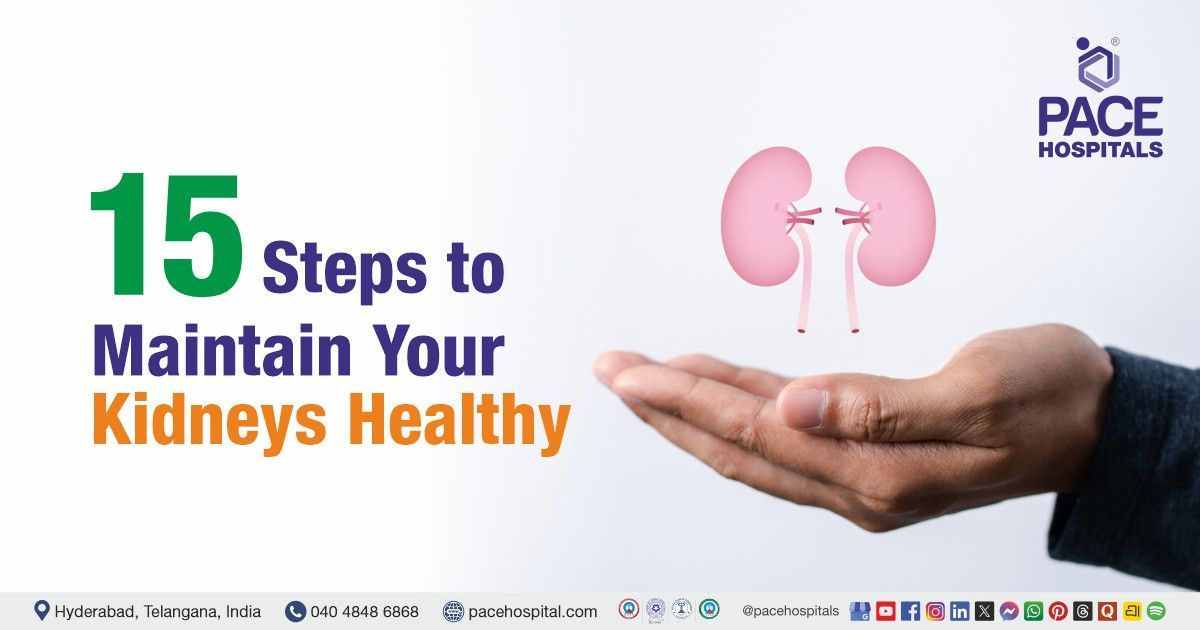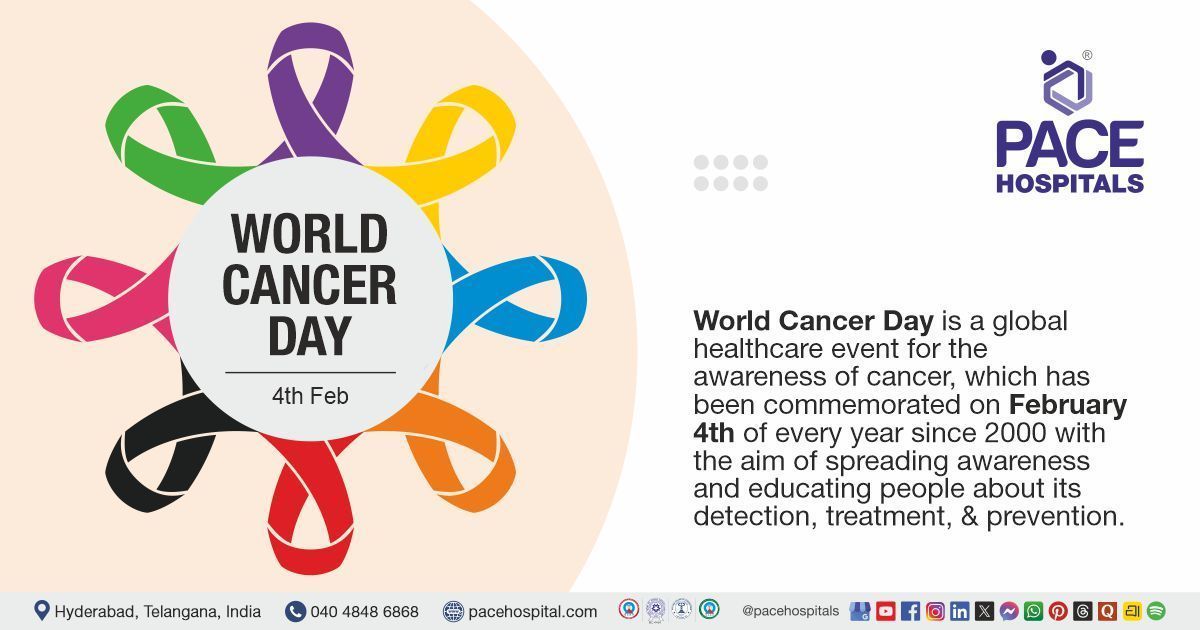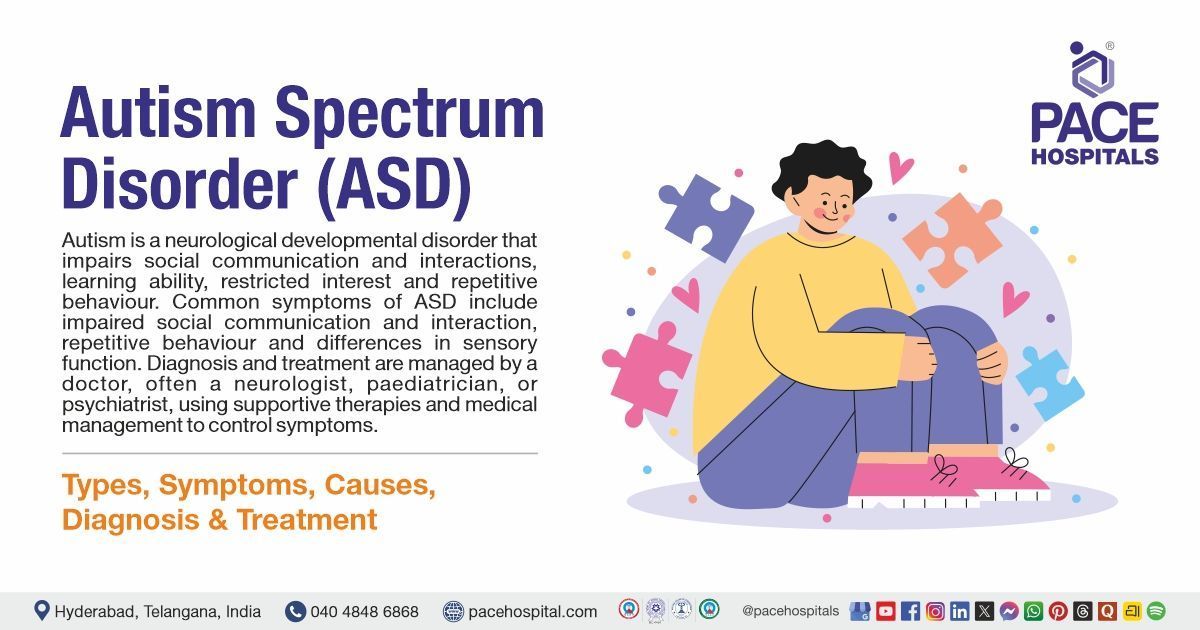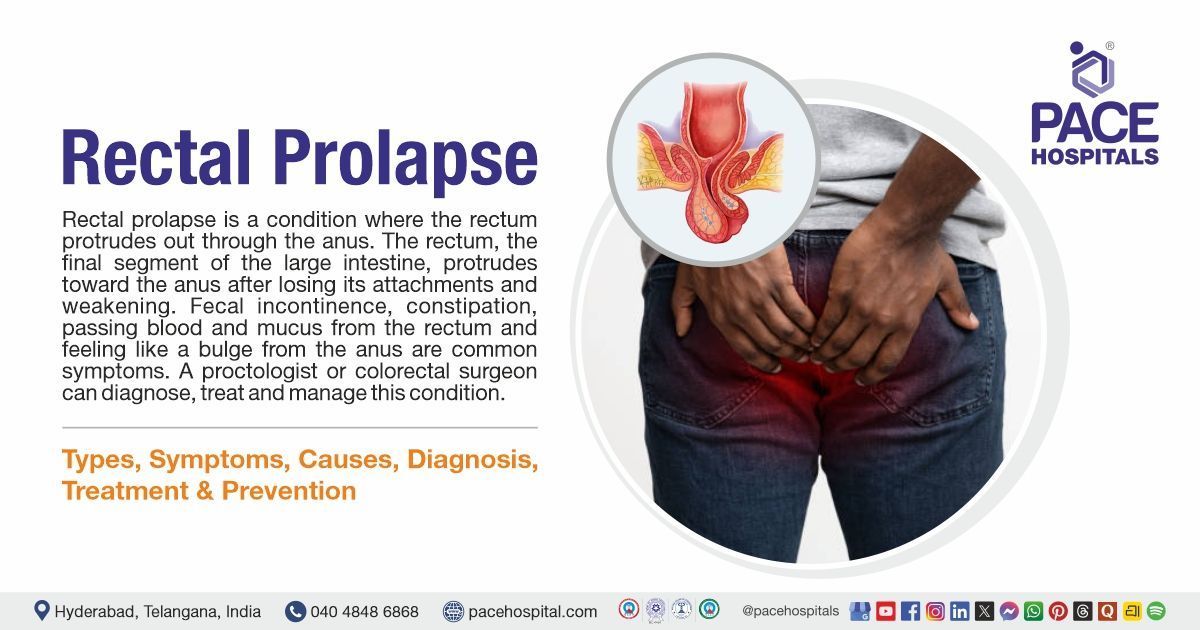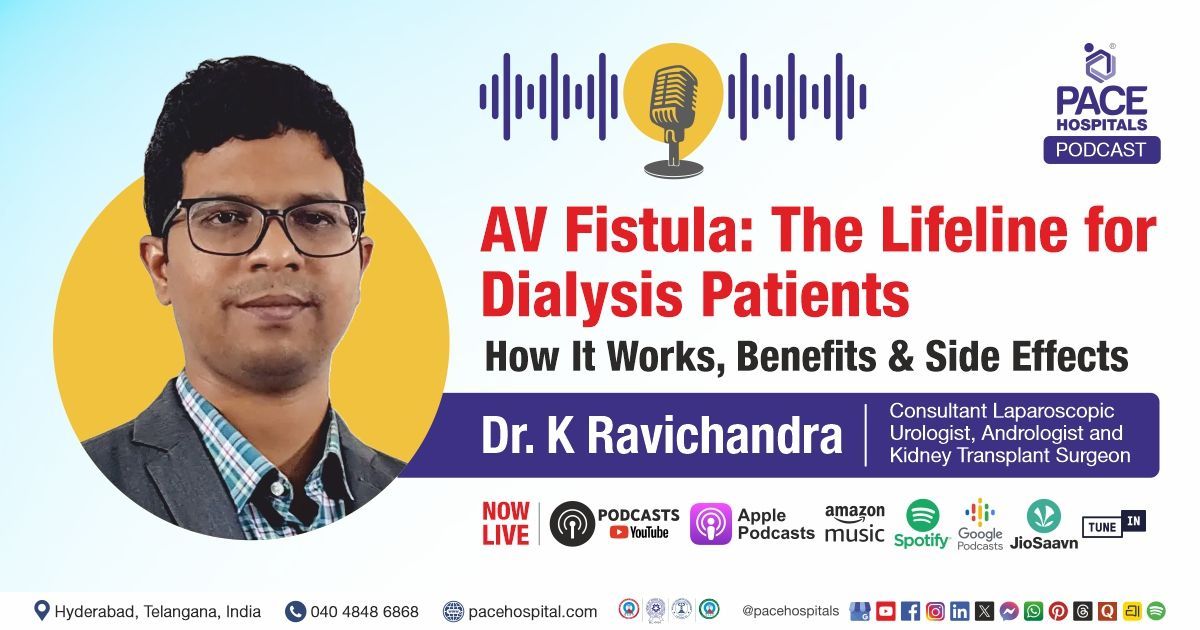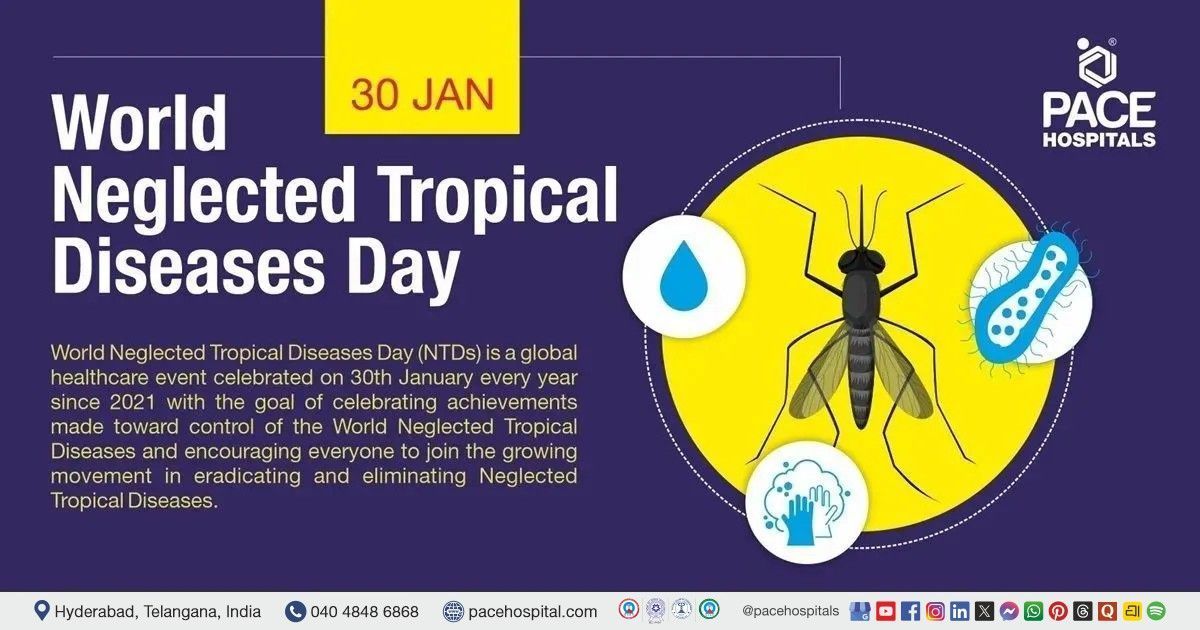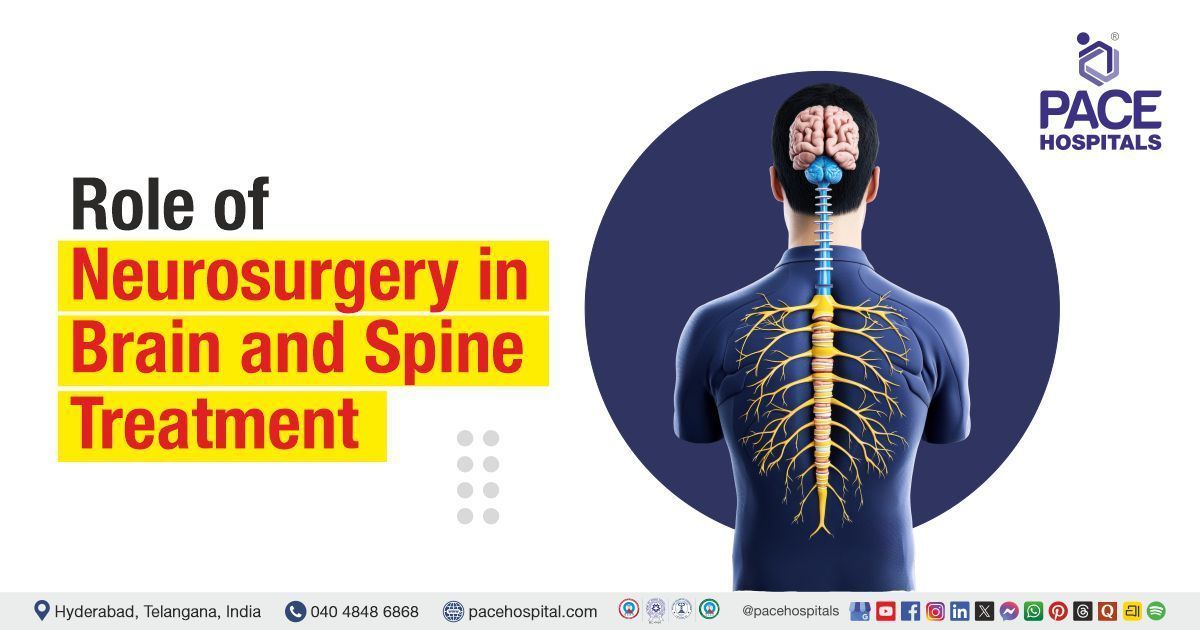How to Keep Kidneys Healthy: 15 Simple Habits for Better Kidney Function
PACE Hospitals
Written by: Editorial Team
Medically reviewed by: Dr. A Kishore Kumar - Consultant Nephrologist and Renal Transplant Physician
Introduction
Your kidneys are small but a vital organs that play a crucial role in keeping the body balanced. They filter out toxins, regulate blood pressure, maintain electrolyte levels, support bone health, and stimulate red blood cell production.
When kidney function declines, waste and fluids accumulate in the body, leading to fatigue, swelling, high blood pressure (hypertension), and other life-threatening complications. Because kidney disease often develops silently, early detection and proactive care are essential.
At PACE Hospitals Hyderabad, our team of nephrologists and urologists emphasizes preventive care through early screening, lifestyle management, and patient education — helping individuals maintain healthy kidneys for life.
Understanding Kidney Function
Each kidney contains nearly one million tiny filtering units called nephrons, which work continuously to filter waste products and excess fluids from the blood, forming urine.
The kidneys also:
- Maintain acid-base balance
- Regulate electrolytes like sodium, potassium, and calcium
- Produce erythropoietin (EPO) to stimulate red blood cell formation
- Activate vitamin D for healthy bones
When these functions are disrupted — due to diabetes, hypertension, or recurrent infections — kidney disease begins to develop.
Types of Kidney Disease
- Acute Kidney Injury (AKI): Sudden loss of kidney function over days or weeks, often caused by infections, dehydration, medications, or surgery. It is usually reversible with early treatment.
- Chronic Kidney Disease (CKD): A slow decline in kidney function over months or years. CKD is irreversible but can be slowed or managed with lifestyle control and timely medical intervention.
Common Risk Factors
Understanding risk factors is the first step in preventing.
People at higher risk of kidney disease include those with:
- Diabetes mellitus
- Hypertension (high blood pressure)
- Kidney stones
- Obesity or overweight
- Frequent use of painkillers (NSAIDs)
- Family history of kidney disease
- Urinary tract infections
- Previous episodes of acute kidney injury
- Low birth weight
PACE Hospitals offers comprehensive kidney screening including blood tests, urine analysis, and ultrasound scans to identify early kidney dysfunction — even before symptoms appear.
How Kidney Disease is Diagnosed
Early diagnosis plays a crucial role in preventing irreversible kidney damage.
Important diagnostic tests:
- Urine examination: Help to detect the presence of protein, blood, or crystals in the urine. Protein leakage (albuminuria) is often an early indicator of CKD.
- Blood Tests (Urea and Creatinine): Elevated serum creatinine indicates reduced filtration capacity.
- The Glomerular Filtration Rate (GFR) is calculated from creatinine level to assess kidney function.
- Ultrasound Abdomen: Evaluates kidney size, structure, obstructions, or stones. In chronic kidney disease, kidneys may appear smaller and scarred on imaging.
At PACE Hospitals, these diagnostic tests are conducted using automated labs and high-resolution ultrasound systems for accurate results.
Complications of Kidney Disease
If left untreated, kidney disease can affect multiple organs and systems in the body. Common complications include:
- High Blood Pressure: A dangerous cycle where CKD causes hypertension, which in turn worsens kidney damage.
- Anemia: Due to reduced EPO hormone production.
- Bone Weakness: Caused by vitamin D deficiency and calcium-phosphate imbalance.
- Heart Disease: Chronic kidney disease increases the risk of cardiovascular events.
- Frequent Infections: A weakened immune response leads to higher infection risk.
- Weight Loss and Fatigue: Due to toxin buildup and poor nutrition.
15 Proven Steps to Maintain Healthy Kidneys
Stay Physically Active
Regular exercise improves blood circulation, reduces blood pressure, and maintains optimal weight — all of which protect your kidneys. Activities like walking, swimming, or yoga can make a huge difference.
Quit Smoking
Smoking causes narrowing of blood vessels and reduces blood flow to the kidneys, accelerating the progression of kidney disease. Avoiding can improve overall cardiovascular and kidney health.
Avoid Carbonated Soft Drinks
Frequent consumption of carbonated and sugary drinks can raise the risk of diabetes, kidney stones, and obesity. Instead, go for fresh lime juice, water, or coconut water.
Stay Hydrated
Drinking enough water (2–3 litres a day, unless advised otherwise by your doctor) helps flush out toxins and prevents kidney stones.
Tip: Lemon water or plain warm water in the morning can support hydration naturally.
Limit Painkillers
Frequent or long-term use of NSAIDs (like ibuprofen, diclofenac, or naproxen) can damage kidney tissues. Always consult a doctor before using pain medication for chronic pain.
Be Cautious with Medications and Toxins
Certain antibiotics, herbal remedies, and recreational drugs can harm your kidneys. Avoid over-the-counter supplements unless prescribed by your nephrologist.
Control Blood Pressure
Hypertension is one of the biggest causes of kidney disease. Regular monitoring and medications (if prescribed) are crucial to keep your BP below 130/80 mmHg.
Manage Diabetes Effectively
Elevated blood sugar levels damage the blood vessels of the kidneys. Keep your HbA1c levels under 7%, eat a balanced diet, and follow your diabetologist’s treatment plan.
Reduce Salt Intake
Excess sodium raises blood pressure and makes kidneys work harder. Avoid processed foods, pickles, and chips; use herbs and spices instead of table salt.
Eat a Kidney-Friendly Diet
Include:
- Fresh fruits and vegetables
- Whole grains
- Lean proteins (like fish and pulses)
- Fibre-rich foods
- Avoid high-sodium, high-fat, and heavily processed foods.
Patients with CKD should seek dietary advice from a renal dietitian at PACE Hospitals for personalised plans.
Maintain a Healthy Weight
Obesity can increase the risk of hypertension, diabetes, and kidney stones. Aim for a BMI below 25 through regular activity and a balanced diet.
Limit Alcohol Consumption
Excessive alcohol increases blood pressure and adds unnecessary calories.
Moderation is the key — ideally, no more than one drink per day for women and two for men.
Get Enough Sleep
Poor sleep affects hormonal balance, blood pressure, and glucose metabolism. Ensure 7–8 hours of restful sleep every night to give your kidneys time to recover.
Get Regular Kidney Check-Ups
If you have risk factors ( such as diabetes or high blood pressure), get your urine, blood, and ultrasound tests done every 6–12 months to detect kidney damage early.
Manage Kidney Health Proactively
- Treat urinary tract infections without delay.
- Detect and treat kidney stones and autoimmune conditions early.
- Avoid self-medication and use of unverified herbal remedies.
- Consult a nephrologist if you notice persistent changes in urination, fatigue, or swelling.
Key Questions to Ask Your Doctor
- What is my glomerular filtration rate?
- What does the albumin level in my urine signify?
- How can I control my blood pressure and sugar better?
- What are my cholesterol levels, and do they affect my kidneys?
- How often should I repeat my kidney function tests?
At PACE Hospitals, every patient receives personalized kidney care — from screening and diagnosis to lifestyle coaching and advanced nephrology treatment — ensuring comprehensive kidney protection.
Cost of Kidney Health Check-Up at PACE Hospitals
PACE Hospitals in Hyderabad provides low-cost and preventative kidney treatment packages.
Basic Kidney Screening Tests (urine, blood, ultrasound)
- Estimated Cost: ₹1,800 – ₹3,500
- Approx. USD: $25 – $40
Advanced Renal Function Evaluation
- Estimated Cost: ₹4,999 – ₹8,000
- Approx. USD: $60 – $95
Chronic Kidney Disease (CKD) Management Package
- Estimated Cost: ₹10,000 – ₹18,000
- Approx. USD: $120 – $210
PACE Hospitals provides cashless insurance and personalised health check-up plans for diabetic, hypertensive, and kidney patients.
Why Choose PACE Hospitals Hyderabad
✅ Expert Nephrology Team
Our term of experienced nephrologists, urologists, and nutritionists are passionate about treating chronic kidney disease (CKD), dialysis, and kidney transplants with precision and care.
✅ Comprehensive Kidney Care
From prevention and early screening to dialysis and transplant — all services under one roof.
✅ Advanced Technology
Equipped with automated biochemistry analyzers, digital ultrasound scanners, and hemodialysis units for accurate diagnosis and treatment.
✅ Ethical, Patient-Centered Approach
Every treatment plan is designed around patient safety, comfort, and education.
FAQs on Preserving Kidney Health
How I can keep my kidneys healthy naturally?
Stay active, drink enough water, avoid excess salt and painkillers, control blood sugar and pressure, and eat a balanced, low-sodium diet.
What are the early signs of kidney problems?
Fatigue, swelling, foamy urine, changes in urination frequency, and high blood pressure can signal early kidney issues.
How much water should I drink daily for kidney health?
Aim for 2–3 liters (8–10 glasses) daily unless advised otherwise by your doctor. Patients with CKD may require restricted fluid intake.
Can kidney disease be cured?
Acute kidney injury can be reversible, but chronic kidney disease (CKD) is managed through lifestyle control, medications, and regular monitoring.
Are painkillers harmful to kidneys?
Yes. Long-term use of NSAIDs like ibuprofen or diclofenac can cause kidney damage. Always consult a doctor before using them regularly.
How often should I get my kidneys checked?
People with diabetes, hypertension, or family history should get tested every 6–12 months.
What is a kidney function test (KFT)?
It includes measuring creatinine, urea, electrolytes, and estimating GFR to assess how well your kidneys filter waste.
What diet supports kidney health?
Fresh fruits, vegetables, whole grains, and limited salt and processed foods. Avoid high-protein fad diets and junk food.
How does diabetes affect kidneys?
High sugar level damage blood vessels in the kidneys, leading to diabetic nephropathy, a common cause of kidney failure.
Why choose PACE Hospitals for kidney care?
PACE Hospitals offers comprehensive nephrology care, advanced diagnostics, experienced doctors, and patient-focused preventive programs.
Share on
Request an appointment
Fill in the appointment form or call us instantly to book a confirmed appointment with our super specialist at 04048486868

